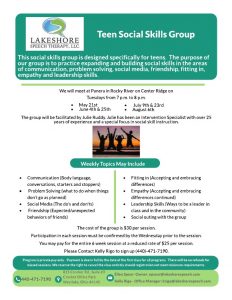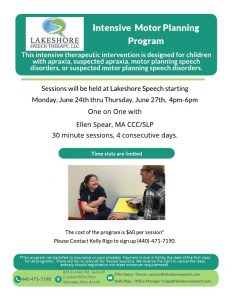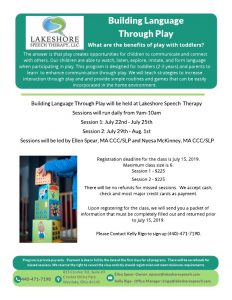Spring is springing and hopefully will be sprung sooner than later. Flowers are blooming and the dreary colors of Winter give way to the beauty of Spring.
Flowers are not the only thing blooming this time of year. Everyone’s mood begins to bloom and change as the weather makes its way from cold and dreary to warm and beautiful. Sometimes, loved ones (young and old) experiencing difficulty identifying these moods, let alone being able to talk about them. Being aware of and identifying one’s emotions is very complex and higher level language skill. There are techniques and supports that can be put in place to help your loved one better comprehend and identify his/her moods and emotions.
Start by making emotions/moods more concrete. Use simple terms to label and explain emotions/mood. This doesn’t mean limit the vocabulary used, rather choose the vocabulary based on your loved one. Happy – sad – mad – tired – frustrated are good ones to start. When a loved one is experiencing a specific emotion, let them know what it looks like, feels like, and sounds like. If your loved one is in a particularly happy mood, tell them. “You are smiling and laughing. You are in a happy mood!” “Your hands are balled up in a fist. Your face looks tight. I can tell you are frustrated.” You may want not want to do this every time a loved on is mad or angry as it may make the situation worse, however a simple “I know you are mad.” may be enough. Your loved one will begin to realize and connect how their emotions are communicated and may begin to use the language versus the physical reaction to share their emotions.
Older children need to be made aware of their emotions and ways to better communicate those emotions. Help your tween or teen focus in on the facial features associated with different emotions. This helps to not only make them more aware of their own emotions, but tune into the emotions of others. A game of ‘Emotions Charades’ makes not only for a fun family game night, but a safe way to practice these skills. The Feelings Game and Matching Emotions are free online resources that may also be of interest to you and your loved one.
Enjoy the blooming of the new season as well as watching your loved one bloom.
Yours in Speech,
Lakeshore Speech Therapy, LLC
















